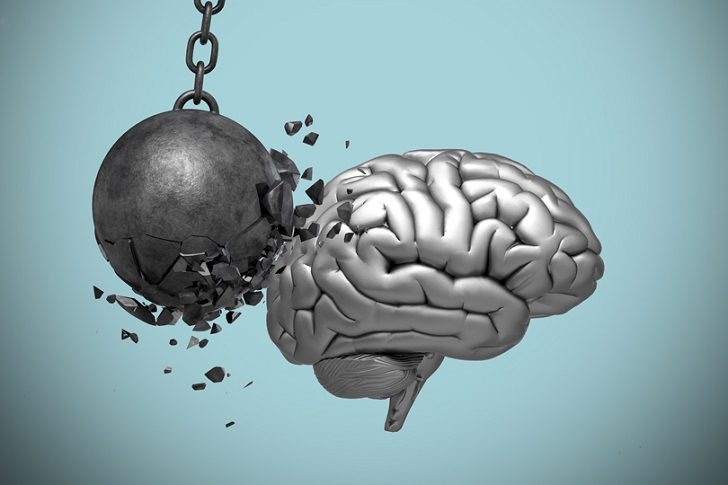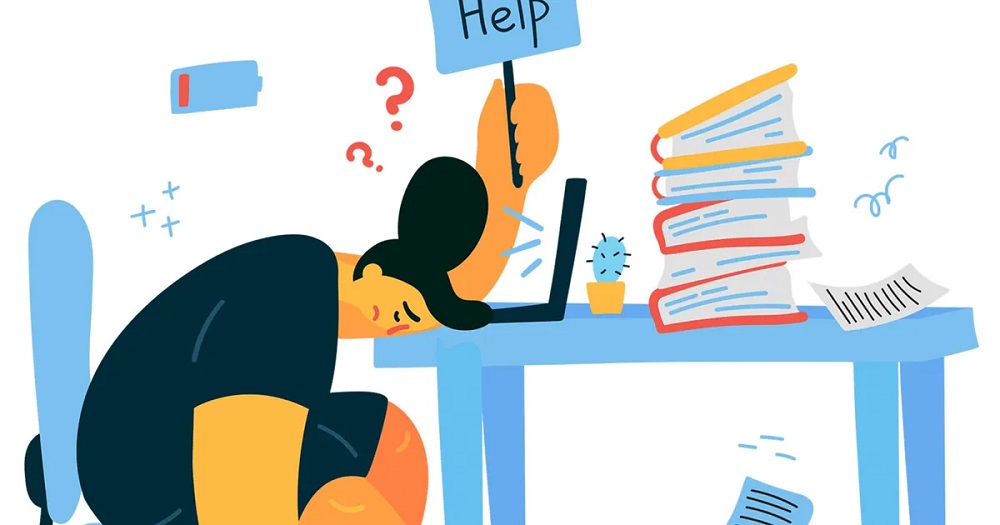Stress is an inevitable part of life that affects individuals on various levels, both mentally and physically. It is a natural response to challenges, demands, or threats and can arise from various sources such as work, relationships, finances, or health issues.
Defining Stress
Stress can be defined as a physiological and psychological response to a perceived threat or demand. It is the body's way of preparing for a fight-or-flight response triggered by releasing stress hormones such as cortisol and adrenaline. Stress can be experienced in short bursts, known as acute stress, or persist over an extended period, referred to as chronic stress.

Jackie Baxter Roberts/ Getty Images | Stress is a hormonal response from the body
Causes of Stress
Stress can arise from various sources, and what triggers it in one person may not affect another. Common causes of stress include work-related pressures, financial difficulties, relationship problems, significant life changes, academic demands, and health concerns. Additionally, external factors like noise, pollution, or overcrowding can contribute to feelings of stress.
Physical Symptoms
When we experience stress, our bodies respond in numerous ways. Physical symptoms of stress can include increased heart rate, rapid breathing, muscle tension, headaches, digestive problems, fatigue, and sleep disturbances. Prolonged exposure to stress can weaken the immune system and make individuals more susceptible to illnesses.
Emotional and Behavioral Signs
Alongside physical symptoms, stress can also manifest in emotional and behavioral changes. These can include irritability, mood swings, anxiety, depression, difficulty concentrating, changes in appetite, withdrawal from social activities, and engaging in unhealthy coping mechanisms like overeating, substance abuse, or excessive use of technology.

Pixabay/ Pexels | We can easily manage if we will only take, each day, the burden appointed to it
Impact on Mental Health
While stress is a natural response, chronic or overwhelming stress can harm mental health. Prolonged stress can contribute to developing or exacerbating mental health conditions, such as anxiety disorders and depression. It can also lead to burnout, a state of emotional, physical, and mental exhaustion caused by chronic stress.
Impact on Physical Health
Stress can have a significant impact on physical health as well. Chronic stress has been linked to various health problems, including cardiovascular diseases, high blood pressure, gastrointestinal disorders, weakened immune systems, and sleep disorders. It can also contribute to unhealthy behaviors like poor dietary choices, a sedentary lifestyle, and an increased risk of substance abuse.
Cognitive Effects
Stress can affect cognitive functioning, leading to difficulties in memory, concentration, decision-making, and problem-solving. The excessive release of stress hormones can impair the brain's ability to think clearly and function optimally. This can hinder performance at work or school and impact overall productivity and success.

Jackie Baxter Roberts/ Getty Images | Stress should be a powerful driving force, not an obstacle
Managing Stress
Managing stress is crucial for maintaining overall well-being. Stress management techniques include relaxation techniques like deep breathing, meditation, or mindfulness exercises.
Engaging in regular physical activity, maintaining a balanced diet, getting enough sleep, and establishing healthy coping mechanisms are also important. Additionally, seeking support from friends, family, or professional counselors can provide valuable guidance and assistance in dealing with stress.
Finding Balance
While stress cannot be eliminated, finding a balance is key. Recognizing and acknowledging stress triggers, setting realistic goals and expectations, practicing self-care, and establishing boundaries can help individuals navigate stress more effectively. Prioritizing activities that bring joy and relaxation can also counterbalance the negative effects of stress.















